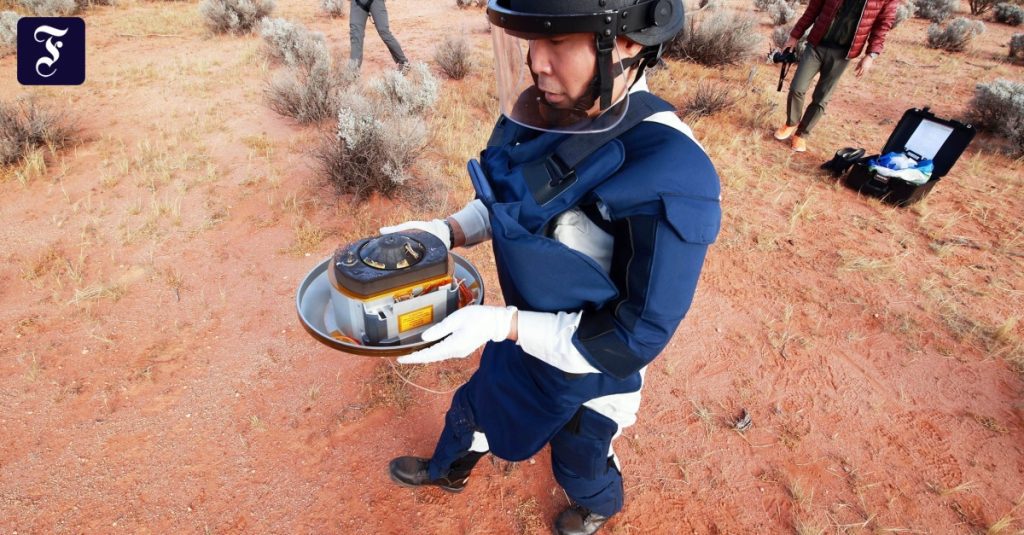Japanese Researchers have for the first time discovered amino acids, the building blocks of life, in samples taken from an asteroid. As Kyodo News reported Monday, citing the Ministry of Science in Tokyo, more than 20 kinds of amino acids have been discovered in samples from the asteroid Ryugu. After six years in space and traveling more than five billion kilometers, the Japanese space probe “Hayabusa 2” returned samples to Earth in a capsule in December 2020. The goal of the mission is to take a closer look at the origins of the solar system and life on Earth.
Hayabusa 2 started in Japan in December 2014 and reached its destination about 300 million km away after nearly four years. The probe later landed on Ryugu and collected surface samples, for the first time, from under a single surface. asteroids. Ryugu is a high-carbon asteroid and originates from the outer part of the asteroid belt that orbits the sun between Mars and Jupiter. In 2010, the previous probe “Hayabusa” (Peregorical Falcon) brought soil samples from an asteroid to Earth for the first time around the world.
The German Aerospace Center (DLR) also participated in the “Hayabusa 2” mission with the “Mascot” lander, jointly developed with the French space agency CNES. It landed on Ryugu in October 2018 and explored the asteroid, which is made of a highly porous material, until the battery ran out.
From the early days of the solar system
In Japan, the individual components of samples taken from the asteroid Ryugu were first coordinated and described. The 4.6 billion-year-old material dates back to the early days of the solar system. Microscopic, mineral and geochemical investigations began last year. Japan’s space agency, Jaxa, is also providing some samples to researchers from other countries.
Simple, single-celled life is believed to have existed on Earth 3.9 billion years ago – almost immediately, when the Earth was cold enough for liquid water to appear on the surface. How could life arise so quickly? This question has occupied researchers for a long time. It was only recently announced that a research team from Japan and the USA was able to discover the so-called nuclear bases in three meteorites – important building blocks for the DNA of genetic material. The scientists explained in the journal “Nature Communications” that these complex molecules may have formed in space before the formation of the solar system.
It has long been known that many organic substances can form in space. Amino acids and sugar molecules were discovered in gas clouds and meteorites that fell to Earth. As a result, the hypothesis gained weight that the rapid emergence of life on Earth was driven by the influx of life’s building blocks from space.

“Total coffee aficionado. Travel buff. Music ninja. Bacon nerd. Beeraholic.”







More Stories
Researchers detect extremely high-energy gamma rays
Anxiety disorders in old age increase the risk of dementia
Researchers are particularly fascinated by these exoplanets.